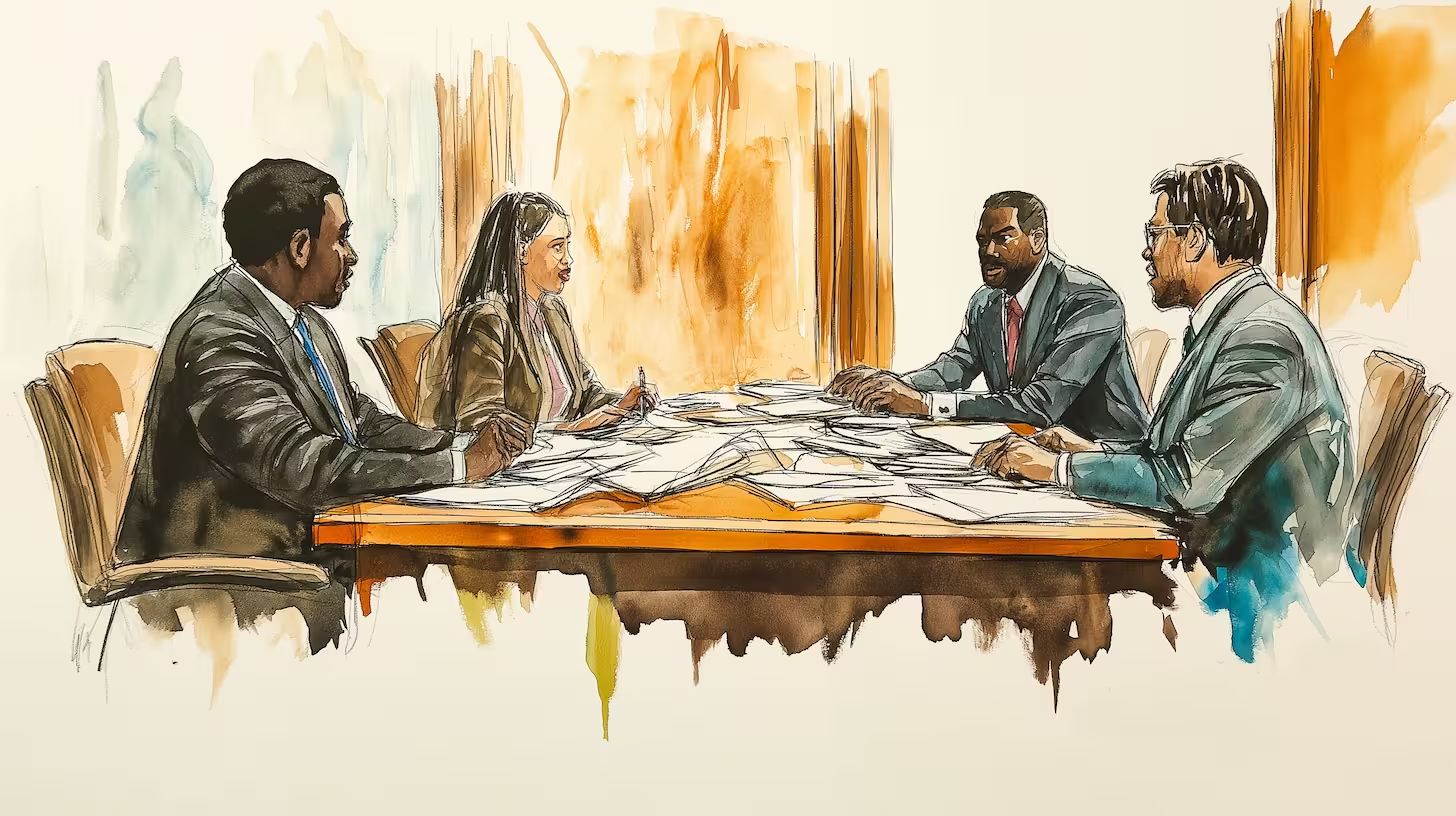Do you have a malpractice claim?

I get calls frequently from clients wanting to appeal based on their attorney’s failure to admit evidence at trial. It isn’t that the attorney tried to admit the evidence and the trial court blocked their efforts: that is a legal question. It is that their attorney failed to even ask for the evidence to be admitted. In fact, in multiple cases, the attorney admitted they blew it and told my client they likely had a malpractice claim.
I think the attorney is probably right. And here’s why.
A trial attorney’s failure to admit supporting documents or evidence in the trial court is not a cognizable error on appeal if the failure was a result of attorney oversight and the attorney never asked to admit the evidence and never proffered that evidence to the district court.
Mistakes of trial counsel are not appellate issues. They are malpractice issues.
The role of an appellate court is to review specific rulings made by the trial court. Thus, on appeal a reviewing court will review the legal conclusions of the trial court—not the oversights of counsel due to negligence. That is because appellate courts perform a limited function: they do not review the trial record in a search for “an idealized paradigm of justice.” State v. Thornton, 2017 UT 9, ¶ 49, 391 P.3d 1016. Instead, they review specific rulings made by the trial court.
And an appellate issue is viable only if it presents a legal error for the appellate court to review.
On appeal, an appellant must clearly articulate a legal guideline that the trial court violated. And an error is reversible only if it prejudiced the outcome of a party’s case. Thus, in order to raise an issue on appeal, a party must present a prejudicial, reversible legal error to the appellate court.
What’s more, an appeal is not a do-over of a trial, and an appellant cannot admit new evidence to show error or prejudice. The trial record is the universe of consideration for an appellate court. The appellate courts have explained that their “power of review is strictly limited to the record presented on appeal.” Cap. One Bank (USA), N.A. v. Roberts, 2014 UT App 120, ¶ 2, 327 P.3d 1226. “Parties claiming error below and seeking appellate review have the duty and responsibility to support their allegations with an adequate record.” Id. Thus, it is an appellant’s duty to provide a record with all the evidence already admitted before the trial court. When an appellant fails to admit evidence in the trial court, the appellate court cannot consider it on appeal.
All of this is to say that the appellate court’s role is to review the trial court’s application of the law, not to re-evaluate or make factual determinations made by the trial court. And the appellate courts defer to the trial court’s credibility assessments.
Even if an appellate court were tasked with scrutinizing or correcting the actions of counsel, missing evidence as a result of counsel’s error is not in the record and, therefore, cannot be evaluated for potential error or prejudice.
In a case where a party’s complaint is that her counsel failed to admit supporting documents, there is no error on the record for the appellate court to review. Admitting evidence is not the job of the trial court. That is trial counsel’s job. Thus, where trial counsel failed to produce evidence supporting a party’s claim and that failure prejudiced a party, that error is more appropriately dealt with through a malpractice claim.